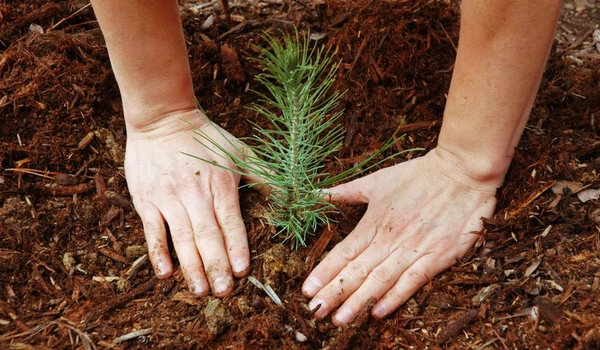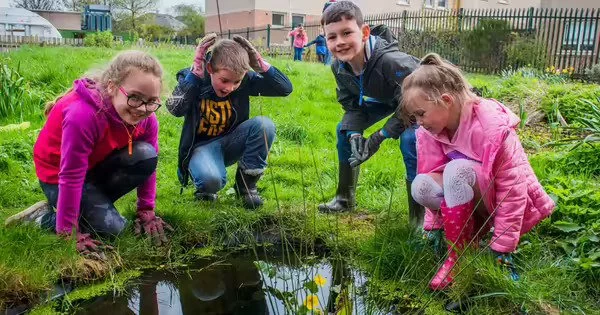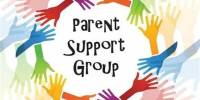A recent study from North Carolina State University researchers suggests that participation in environmental education programs can motivate children from various language groups to act responsibly toward the environment.
Researchers surveyed 644 elementary school children before and after participating in an environmental education program about how motivated they were to act in ways that would help the environment, such as using a reusable water bottle at home or refusing to use plastic straws in restaurants.
The Duke University Marine Lab developed the program, which focuses on trash in oceans and other waterways and includes lessons on how long different types of trash persist in waterways, a trash clean-up, and hands-on investigations of marine debris challenges. Following the program, students performed better on average on a survey assessing their motivation to act for the environment.
We’ve been interested in the mechanisms of intergenerational learning. We saw how this program impacted all of the children involved, but this suggests that it may work differently for children who speak more than one language.
Kathryn Stevenson
Bilingual or multilingual students saw higher average gains than students who spoke English primarily at home – a finding that researchers say is promising and warrants further investigation.
“What we saw was that in aggregate, the programs seemed to encourage environmentally friendly actions among everybody, but when we dug down, most of the program’s effect was explained by the response from linguistically diverse children,” said study co-author Kathryn Stevenson, associate professor of parks, recreation and tourism management at NC State.

“This is encouraging because linguistically diverse children are becoming a larger proportion of the US population, and we want our programs to appeal to everyone. It also emphasizes how young people from diverse backgrounds can make significant contributions. It also makes us wonder if students are taking these lessons home with them.”
The study is part of a larger investigation into how environmental education can benefit children, their families, and communities. In a previous study, researchers discovered that parents’ concern about climate change grows after their children are educated. In another study, they discovered that after watching children’s presentations on an environmental issue, both local leaders and voters changed their minds.
“We’ve been interested in the mechanisms of intergenerational learning,” Stevenson explained. “We saw how this program impacted all of the children involved, but this suggests that it may work differently for children who speak more than one language. Children who act as translators for their families may be more skilled at translating on many levels – linguistically or culturally and we want to know how this affects intergenerational learning about the environment.”
















